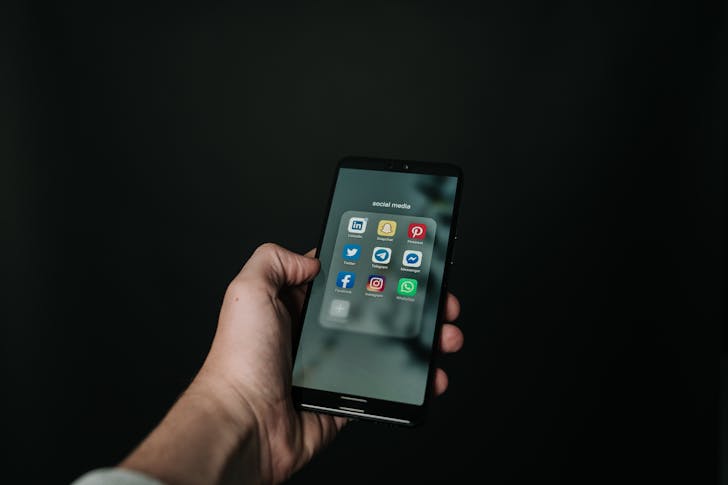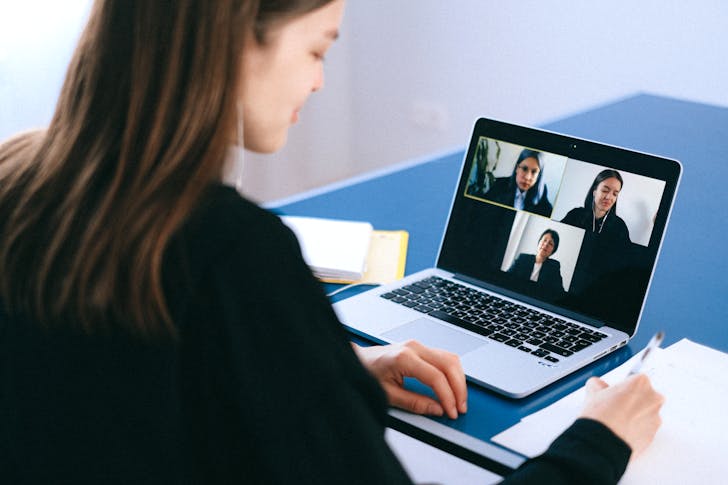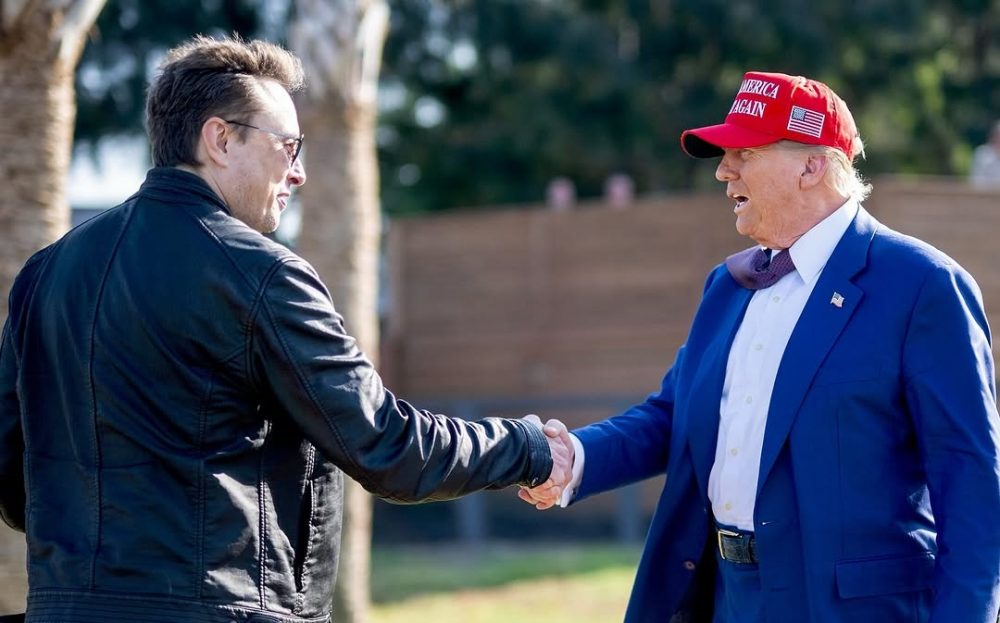The role of social media in education has transformed how students learn, collaborate, and engage with academic content. Understanding how social media is good for academic performance requires examining how these platforms foster collaboration, resource sharing, and active engagement in modern learning environments.
Enhancing Collaboration and Communication
Social media platforms facilitate seamless communication among students, teachers, and subject specialists. These platforms encourage open dialogue, enabling students to seek help, clarify doubts, and exchange ideas outside the classroom. Tools like discussion threads, group chats, and forums create interactive learning spaces that enhance collaboration. For instance, students working on group projects can easily share resources, brainstorm ideas, and provide feedback, which improves teamwork and understanding of concepts.
Moreover, social media bridges gaps between learners and educators, promoting continuous learning. Teachers can use platforms like Twitter or Instagram to share supplementary materials, while students can engage with content by asking questions or discussing lessons. This constant interaction builds a collaborative environment that fosters academic growth.

Magnus Mueller | Pexels | Social media platforms facilitate seamless communication among students, teachers, and subject specialists.
Access to Resources and Study Materials
Social media provides students with instant access to a wealth of academic resources. Platforms such as YouTube, SlideShare, and LinkedIn Learning host educational videos, presentations, and tutorials that simplify complex topics. Students can follow academic influencers or groups that share insights and study tips tailored to their curriculum. These resources make learning more accessible and dynamic, catering to various learning styles.
Additionally, many institutions have integrated social media into their educational frameworks. Universities create official pages or groups on platforms like Facebook to share lecture notes, announcements, and study guides. This organized approach ensures that students remain informed and have access to reliable study materials, improving their preparedness for exams and assignments.
Encouraging Peer-to-Peer Learning
Social media strengthens peer-to-peer learning, which is essential for academic success. Through platforms like WhatsApp, Telegram, and Discord, students can form study groups to collaborate on assignments or prepare for exams. Peer interaction fosters diverse perspectives and critical thinking as students learn from each other's experiences and problem-solving approaches.
Moreover, social media creates a sense of community among students. Engaging in academic discussions and sharing study tips within groups enhances learning and builds mutual accountability. This collective effort motivates students to stay consistent and perform better academically.

Anna Shvets | Pexels | Social media strengthens peer-to-peer learning, which is essential for academic success.
Promoting Active Engagement
One of the most significant benefits of social media in education is its ability to drive active engagement. Interactive polls, quizzes, and live streams on platforms like Instagram or Facebook Live make learning more engaging and fun. Students participate enthusiastically in these activities, retaining information more effectively than through passive lectures.
Furthermore, the use of hashtags and challenges related to academic content sparks interest and encourages participation. For example, students may use hashtags to share their creative solutions to problems or discuss current topics, fostering a sense of achievement and recognition. This active involvement increases students’ enthusiasm for learning.
Developing Critical Thinking Skills
Social media fosters critical thinking by exposing students to diverse opinions and perspectives. Platforms like Reddit or Quora allow students to participate in discussions on academic topics, encouraging them to analyze, question, and evaluate different viewpoints. This process sharpens their reasoning and decision-making skills.
Students can also engage with real-world applications of academic concepts through social media. For instance, following scientific communities or educational influencers helps them connect theoretical knowledge with practical scenarios. This exposure enhances their understanding of subjects and equips them to apply knowledge effectively.
Boosting Digital Literacy and Lifelong Learning
Incorporating social media into academic activities also boosts digital literacy, a critical skill in the modern era. Students learn to navigate various platforms, evaluate the credibility of sources, and communicate effectively in digital environments. These skills not only aid in academic success but also prepare them for professional challenges.
Moreover, social media fosters a culture of lifelong learning. Students often continue using these platforms to stay updated on new field developments, even after graduation. This continuous pursuit of knowledge keeps them competitive and informed in their careers.





